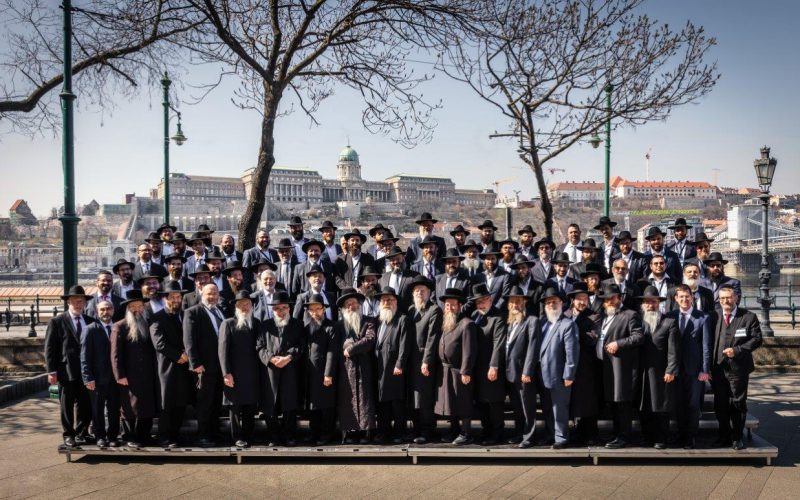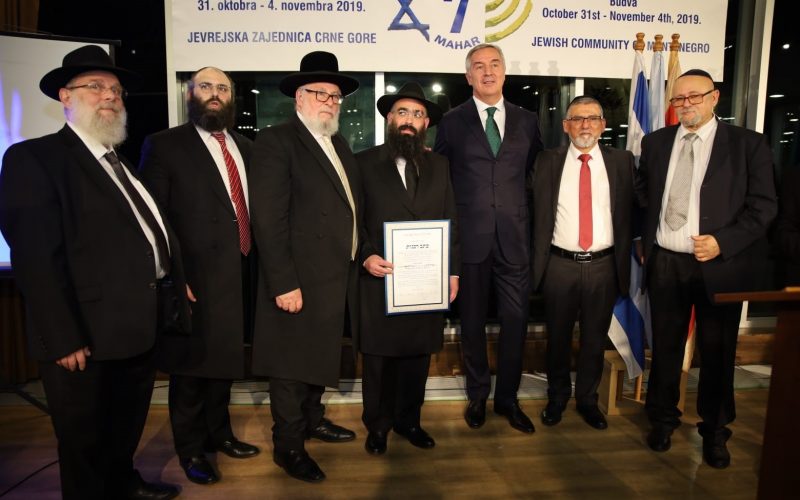Ansip at meetings at the European Commission: we support a strong European Union
Prime Minister Ansip said that the European Commission has provided much support for Estonia. He thanked the Commission’s President for the support expressed at the European Council meeting in February for Estonia’s positions in the field of energy. Ansip added that both Estonia and the European Union as a whole faced a number of challenges.
“Very important problems are related to keywords such as energy security and reliability of supply,” emphasized Ansip. “To ensure these, we need to attain a balance between energy, climate and competitiveness policy.”
Ansip said it was very important from Estonia’s position that the import of electricity from third countries be regulated.
“If the European Union itself follows strict social and environmental standards and the exporter state does not have to do so, this is not fair competition and it will harm our consumers,” said Ansip. “This is also a question of energy security, as investors will not have assurance for establishing new power generation capacity.”
Ansip expressed satisfaction that the European Commission understands the concerns of Estonia and the other Baltics and will develop the relevant measures.
One issue of key importance, said Ansip, was the creation of a functioning gas market, which also includes the establishing of a liquefied natural gas or LNG terminal.
Ansip said the main question was not in which Baltic state the LNG terminal would be built: “The most important aspect for consumers is the lowest-priced gas and reliability of supply. To achieve this, the gas market must be opened to competition. A cost-benefit study should determine the optimum location for the regional LNG terminal.” The Prime Minister expressed satisfaction over the European Commission’s position, which stated that the project quality is more important than how quickly it is submitted. Commissioner Oettinger also confirmed the Commission’s readiness to co-finance the project to open the Baltic gas market to competition.
“We expect the Commission to continue to play a strong role in carrying out regionally important projects,” said Ansip. “In our opinion, competitiveness, including creating cross-border infrastructures, should be at the heart of the European Union’s budgetary policy as well.”
Ansip said that the European Commission’s actions in different fields coincide with Estonia’s vision of how the challenges facing the European Union should be resolved. “Estonia and the Commission both find that our goal is a stronger European Union and even closer integration,” Ansip noted at the meeting with Barroso.
During the one-day working visit to Brussels, Prime Minister Ansip also had a meeting with NATO Secretary General Anders Fogh Rasmussen. The Prime Minister also met a delegation from one of Europe’s most influential Jewish organizations, the Rabbinical Centre of Europe.

